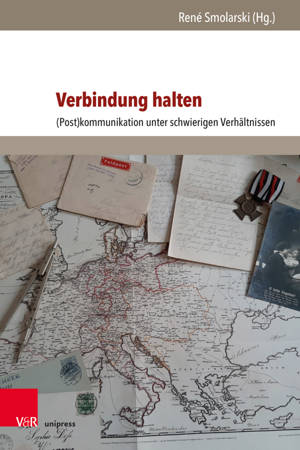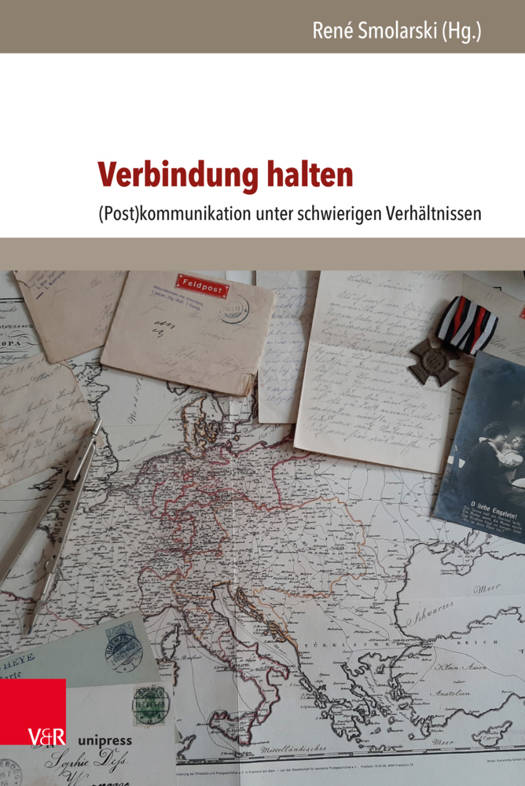
Bedankt voor het vertrouwen het afgelopen jaar! Om jou te bedanken bieden we GRATIS verzending (in België) aan op alles gedurende de hele maand januari.
- Afhalen na 1 uur in een winkel met voorraad
- In januari gratis thuislevering in België
- Ruim aanbod met 7 miljoen producten
Bedankt voor het vertrouwen het afgelopen jaar! Om jou te bedanken bieden we GRATIS verzending (in België) aan op alles gedurende de hele maand januari.
- Afhalen na 1 uur in een winkel met voorraad
- In januari gratis thuislevering in België
- Ruim aanbod met 7 miljoen producten
Zoeken
Verbindung Halten
(Post)Kommunikation Unter Schwierigen Verhaltnissen
€ 58,45
+ 116 punten
Omschrijving
In 1982, the former Federal Minister of Postal Services, Kurt Gscheidle, stated in a portrait of the Deutsche Bundespost that the postal service was vital, but of no interest to most people. This observation can also be applied to the interest of historical scholarship in this subject. It is therefore not surprising that many analyses of postal history come primarily from non-university philately. In historical studies, on the other hand, philately and postal history are considered marginal. This is particularly astonishing, as post (communication) has a special significance in history. Because, according to Gscheidle, almost all citizens have to deal with the post every day. However, people would only notice the highly complex construct of the postal service if its function were disturbed.
Specificaties
Betrokkenen
- Uitgeverij:
Inhoud
- Aantal bladzijden:
- 240
- Taal:
- Duits
- Reeks:
- Reeksnummer:
- nr. 2
Eigenschappen
- Productcode (EAN):
- 9783847112280
- Verschijningsdatum:
- 16/11/2020
- Uitvoering:
- Hardcover
- Formaat:
- Genaaid
- Afmetingen:
- 155 mm x 231 mm
- Gewicht:
- 497 g

Alleen bij Standaard Boekhandel
+ 116 punten op je klantenkaart van Standaard Boekhandel
Beoordelingen
We publiceren alleen reviews die voldoen aan de voorwaarden voor reviews. Bekijk onze voorwaarden voor reviews.








